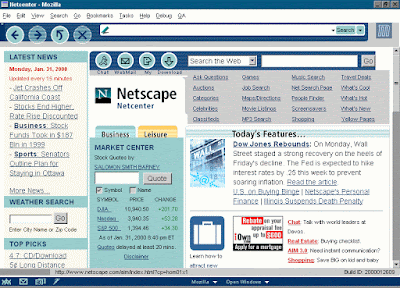NRC01PL...anti-climactic ending?

It's been a few weeks since I wrote anything about the NRC01PL cMOOC that was running last month, and that I caught up a bit on and wrote a few posts about. The final week of the course was labelled applications and extension, but I didn't see any content for the course posted. Not that one necessarily needs content (I think the Rhizo MOOCs showed that), however you do need something. This got me to thinking, and more specifically about Terry Anderson and his interaction equivalency theorem , which... In a nutshell the theory posits that if any one of student-student, student-teacher or student-content interaction is of a high quality, the other two can be reduced or even eliminated without impairing the learning experience–thus creating means of developing and delivering education that is cost affordable for all of us. Peer-to-Peer interaction was a bit problematic for NRC01PL from the start. It seemed that gRSShopper didn't really work, and I only got a few ...





